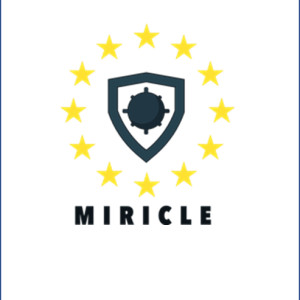 \
&
Contact us
\
&
Contact us
 \
&
Contact us
\
&
Contact us
Starts in 2 days from now
LocationBrussels, Belgium
Registrations are now open for Choose Nature: Unlocking Pathways to a Resilient Economy for People and the Planet—the 2025 edition of the NetworkNature Annual Event. This in-person gathering will bring together public and private sector stakeholders to explore how nature-based solutions (NbS) can align biodiversity, economy, and innovation in a time of global urgency.
The programme features pitches, interactive discussions, and case studies showcasing how nature can drive sustainable, resilient economies. Don’t miss the accompanying exhibition Why Choose Nature? / Why Do We Care?, shaped by an open call for contributions.
For more information and to register, please visit the dedicated page via this link.
We offer news and event updates, covering all domains and topics of Horizon Europe, Digital Europe & EDF (and occasionally, for ongoing projects, Horizon 2020).
Stay informed about what matters to you.
By signing up, you can opt in for e-mail notifications and get access to
a personalised dashboard that groups all news updates and event announcements in your domain(s).
Only for stakeholders located in Flanders

The Miricle project, ‘Mine Risk Clearance for Europe’, obtained funding under the European Defence Industrial Development programme call ‘Underwater control contributing to resilience at sea’. The main objective of the project was to achieve a European and sovereign capacity in future mine warfare and create a path for the next generation ‘made in Europe’ countermeasure solutions. In order to realise this objective, Miricle addressed various stages: studies, design, prototyping and testing. These stages inter alia included the successful testing of an XL Unmanned Underwater Vehicle, a protototyped mine disposal system and multiple innovative systems to detect buried mines. Flanders Marine Institute (VLIZ), was one of the five Belgian partners in the consortium. Within the project, VLIZ was able to forward its research on the acoustic imaging of the seabed to spatially map and visualize buried structures and objects - in this case buried mines - in the highest possible detail. VLIZ also led the work on ‘Port and Offshore Testing’, building on the expertise of the institute in the field of marine operations and technology.